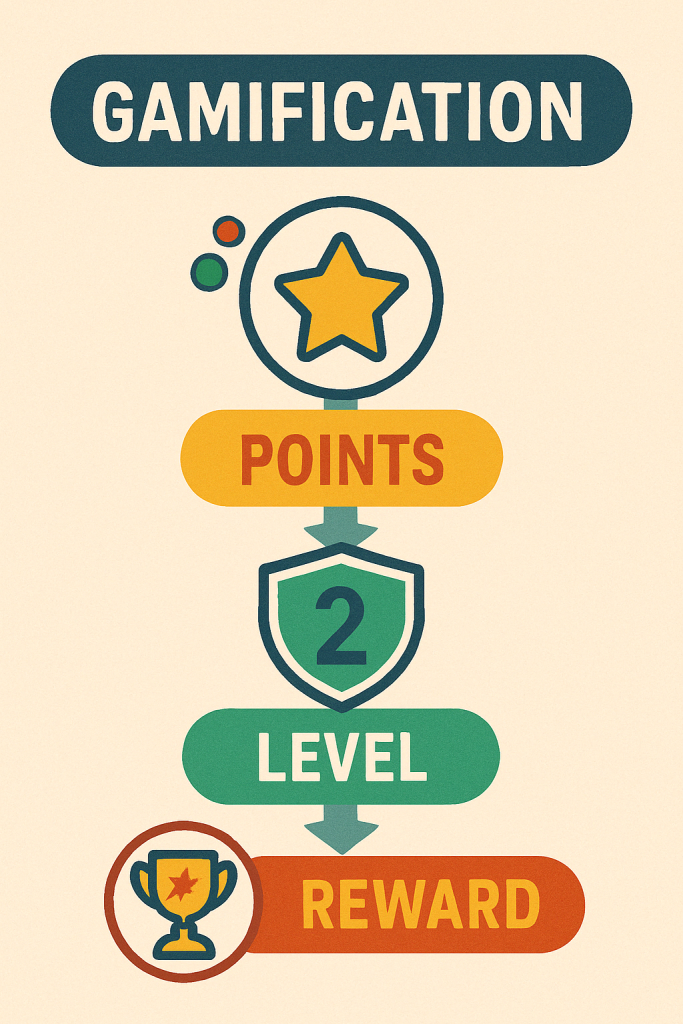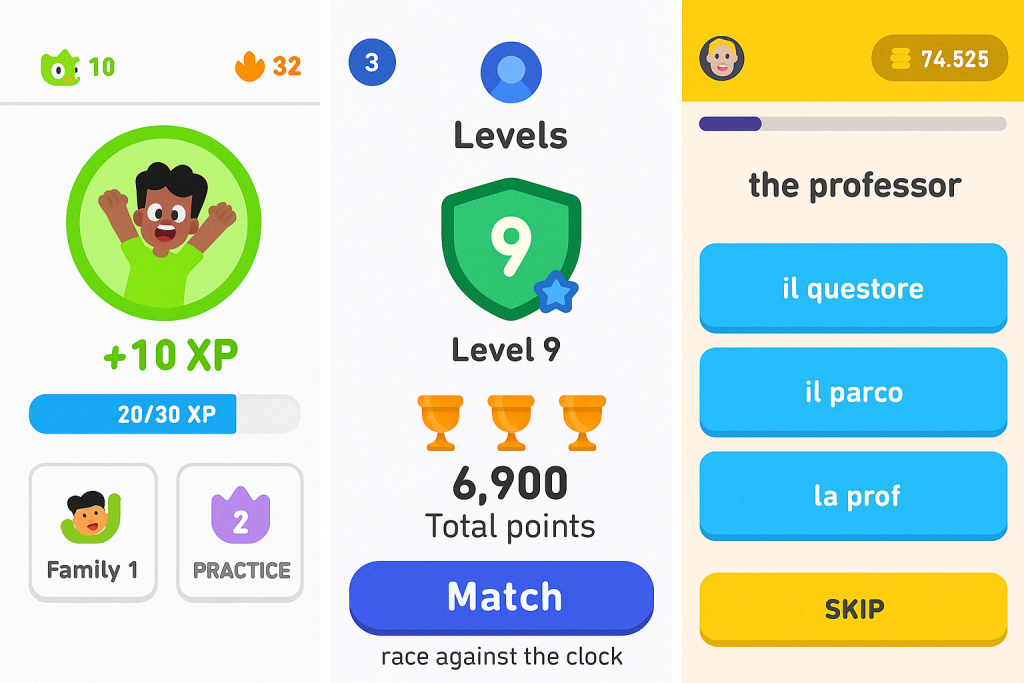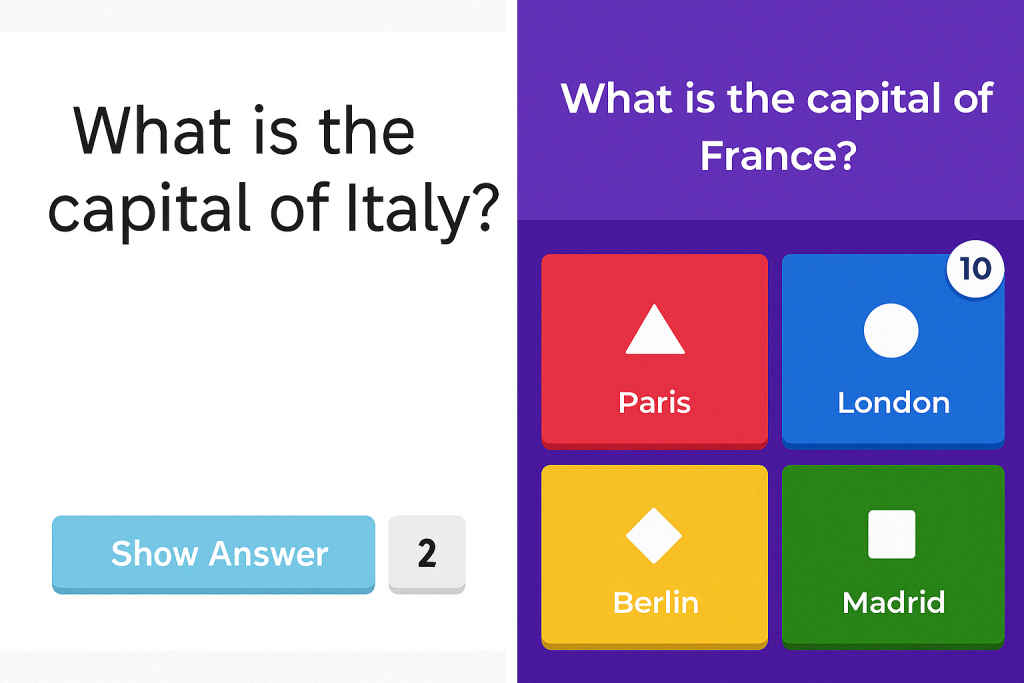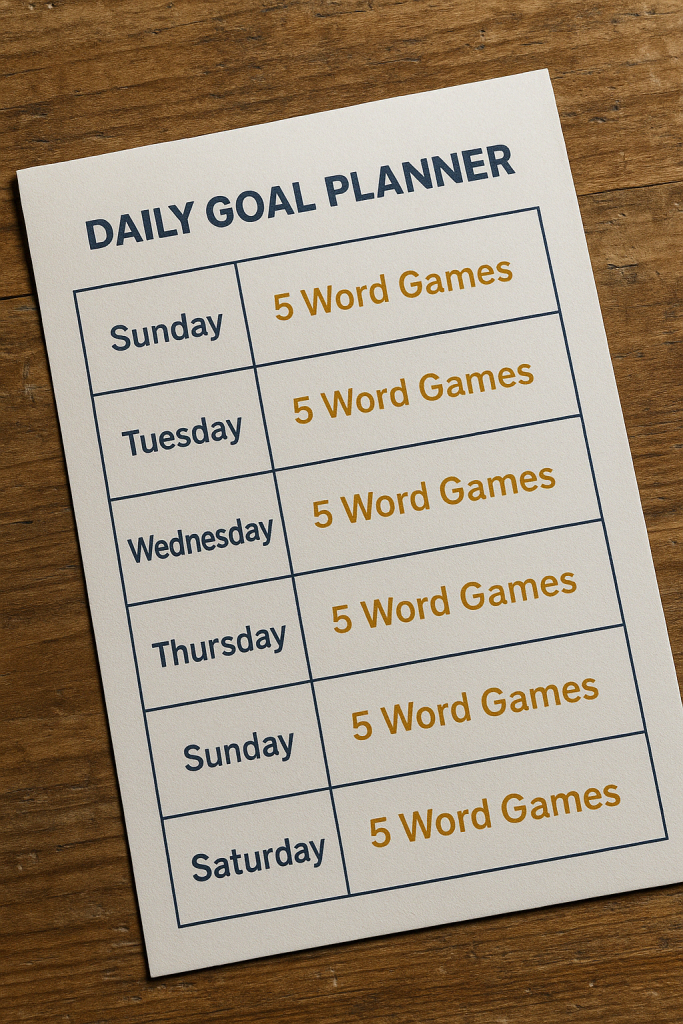Introduction: Because Memorizing Word Lists is a Crime Against Humanity
Let’s face it: traditional vocabulary building sucks. Sitting there, staring at a list of random words, trying to cram them into your brain like expired leftovers into an overstuffed fridge? Not the vibe. Whether you’re a student, a burnt-out professional, or a language-learning hobbyist who likes to suffer in style, improving your English vocabulary doesn’t have to be this tragic.

Enter: vocabulary building gamification. The magical buzzword that means you’re allowed to have fun while learning. What a concept.
In this blog, we’re going to show you how to level up your vocabulary without losing the will to live. We’ll dig into vocabulary learning apps, word-based games that don’t bore you to death, and interactive vocabulary exercises that actually work. If you’ve ever typed “english vocabulary building” or “words to improve vocabulary” into Google out of desperation, stay put. Help has arrived, and it’s mildly entertaining
The Role of Gamification in Vocabulary Learning: Your Brain Likes Rewards
Gamification is what happens when we take the boring stuff in life and slap on a point system, badges, maybe a leaderboard, and suddenly everyone is pretending they’re having fun. But here’s the plot twist: it actually works

Research shows that gamified learning increases motivation, engagement, and retention. A study published in the journal Computers & Education found that gamification boosted language learners’ willingness to continue learning and improved their outcomes over time. Translation: your brain responds to fake achievements like it just won the Nobel Prize.
So how does this help with vocabulary building gamification? It turns repetitive tasks like memorizing new words into something you actually want to do. Points, levels, streaks – all of these tiny dopamine bombs keep you coming back.
In other words, if you’ve ever played Candy Crush for five hours straight and then forgot why you started, you are more than qualified for gamified language learning.
Vocabulary Learning Apps: Less Guilt, More Gains
If you’re looking for serious bang-for-your-buck in the vocabulary department, vocabulary learning apps are your new best friend. Let’s break down a few of the heavy hitters:

Duolingo
- Gamification elements: Streaks, XP points, hearts (aka lives), daily goals, leagues.
- Why it works: It’s basically a language game disguised as an app. Bite-sized lessons keep things fast, fun, and non-terrifying.
- Pro tip: Use the “Practice” button to reinforce old vocabulary with minimal effort and maximum fake productivity.
Quizlet
- Gamification elements: Flashcard games, timed challenges, leaderboards.
- Why it works: Perfect for visual learners and those who like to pretend they’re “studying” while racing a countdown.
- Pro tip: Make your own decks with words you’re actually trying to learn, or steal a stranger’s public deck. Sharing is caring.
Memrise
- Gamification elements: Points, streaks, video content with native speakers.
- Why it works: Combines science-based learning techniques with videos of real humans saying real things. Wild.
- Pro tip: Turn on audio autoplay. Your subconscious will pick up pronunciation while your conscious brain is out to lunch.
For more handy apps that won’t make you cry, check out our language tool roundup.
Games That Make You Smarter (But You Don’t Have to Admit That)
Interactive vocabulary exercises don’t have to be all quizzes and charts. They can also be actual games. You know, fun.
Wordle
- The daily word-guessing game that became a global phenomenon.
- You get 6 tries to guess a 5-letter word. Zero commitment. Maximum smugness.
Scrabble or Words With Friends
- Like playing chess with words, except you don’t need to be a genius.
- Forces you to think about root words, prefixes, and high-scoring letters.
Vocabulary.com
- Great for browsing themed word lists and playing word games that don’t feel like they’re slowly draining your soul.
Story-Based Games
- Think RPGs or text adventure games where understanding the dialogue and instructions is key.
- Bonus: vocabulary + context = actual retention.
These are interactive vocabulary exercises that engage your brain in ways rote memorization never could. You learn while trying not to lose. The motivation? Not looking like a fool.
The Power of Interactive Exercises: Because You Deserve Better Than Monotony
Traditional methods are fine if you’re training to be a 1950s librarian. But for the rest of us, interactive methods like flashcards, quizzes, and group games offer a serious upgrade.

Anki, Brainscape
- Use spaced repetition to avoid the “learn and forget” cycle.
- Customize your cards with audio, images, and example sentences.
Kahoot!
- Turn study time into a full-blown game show.
- Great for group learning or embarrassing your friends in a vocabulary duel.
Group Activities
- Vocabulary charades, team competitions, or digital escape rooms.
- Social learning makes it stickier and way less depressing.
If you like learning grammar too (shocking, I know), we’ve got a whole post on English prepositions that’ll charm even the most resistant brain cells.
Practical Tips and Strategies: Gamify or Die Trying
You’re convinced. You’re hyped. But how do you actually build this into your life?

Here are a few simple strategies:
- Set a daily app routine – even 5-10 minutes is better than zero.
- Use a weekly goal system. Example: play 3 different word games by Friday.
- Join online challenges or Discord groups for shared accountability.
- Reward yourself. Finished a 7-day streak? You deserve cake. Or whatever passes for joy in your life.
- Mix and match methods. Don’t commit to just one app or game. Keep your brain on its toes.
If you’re struggling to paraphrase, summarize or translate vocabulary-rich content, don’t forget our Paraphraser, Summarizer, and Translator tools. You’re welcome.
Conclusion: Get Your Game On (Your Vocabulary Will Thank You)
Vocabulary building doesn’t have to be a miserable journey through the desert of flashcards and grammar drills. Thanks to vocabulary building gamification, you can actually enjoy the process, make it stick, and even brag about your streaks.
So what are you waiting for? Try out a new app, challenge your friends to a word game, or finally understand that weird five-letter Wordle everyone keeps tweeting.
Which tool will you try first? Let us know in the comments. And if you’re still hungry for more, check out our full blog archive or stalk our humble author page to see what else we’ve been cooking.
